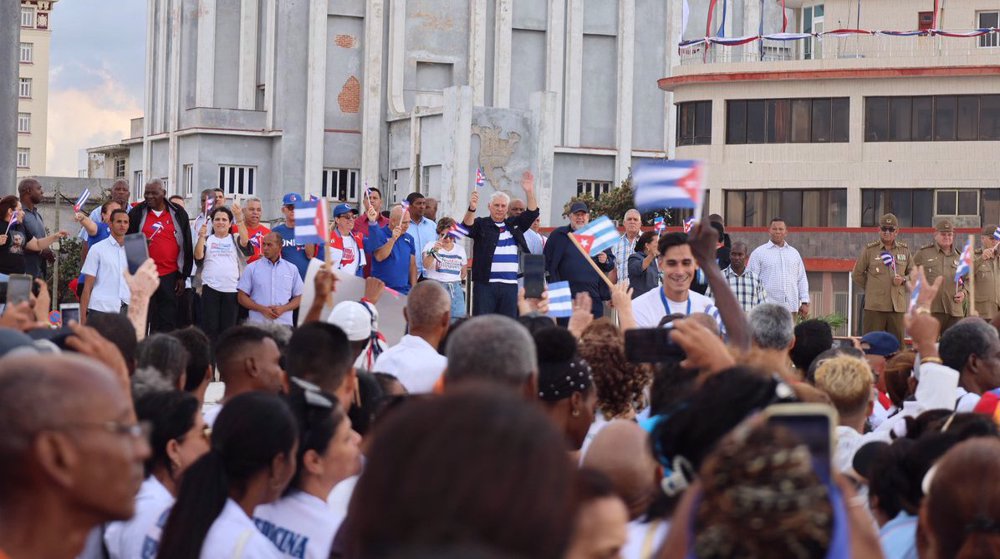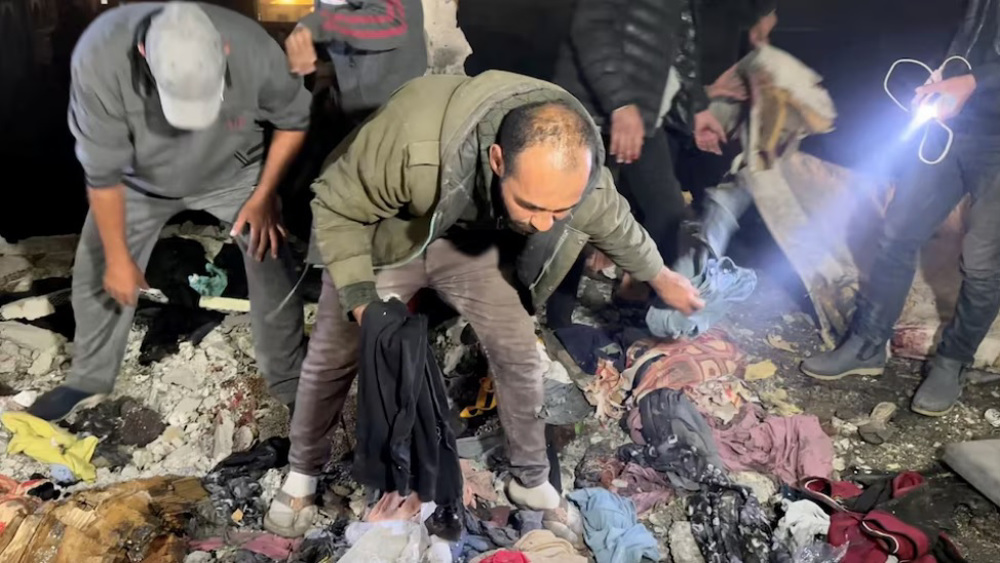Ecuadorians, angry with fuel subsidy cuts, hold strike
Ecuadorians have held a national strike against President Lenin Moreno’s decision to scrap fuel subsidies to secure an International Monetary Fund (IMF) loan.
The streets of the capital Quito and other cities were empty of traffic on Wednesday and businesses were shut down as part of the strike.
Clashes, however, erupted between security forces and hundreds of anti-austerity protesters in the capital.
Security forces used tear gas to thwart a march on the presidential palace in downtown Quito.
Demonstrators barricaded roads with debris on Wednesday morning. Security forces blocked a main bridge in the city of Guayaquil.
CONAIE, an indigenous umbrella organization which was key to driving then President Jamil Mahuad out of office during an economic crisis in 2000, has censured Moreno's government for behaving like a "military dictatorship" by declaring a state of emergency and imposing an overnight curfew.
The Latin American country has been rocked by days of mass demonstrations since October 3, when fuel prices officially increased by up to 120 percent.
President Moreno scrapped fuel subsidies as part of an agreement with the IMF to obtain a loan despite Ecuador’s high public debt.
The government says the protests have so far left one civilian dead and 77 injured, the majority of them members of security forces. Nearly 480 people have also been detained.
Moreno defied calls to step down, and blamed the deterioration in the country’s finances on his predecessor, Rafael Correa. He accused Correa of an “attempted coup” and of “using some indigenous groups, taking advantage of their mobilization to plunder and destroy.”
Israel preparing to stay in southern Lebanon after ceasefire: Report
Israeli pressure on Hamas ‘hardly helped’; swap deal necessary: Ex-Mossad chief
Far-right Israeli minister Ben-Gvir again storms al-Aqsa Mosque
Iran: Israel’s attack on journalists’ vehicle in Gaza amounts to ‘war crime’
VIDEO | Israel’s war spending
Palestine Action wins again
VIDEO | Palestinian Authority's blockade of Jenin refugee camp reaches third week
Dec. 25: ‘Axis of Resistance’ operations against Israeli occupation










 This makes it easy to access the Press TV website
This makes it easy to access the Press TV website